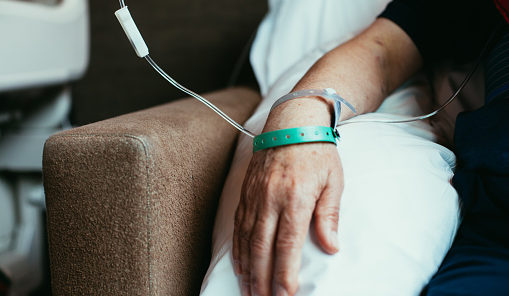
A survey of cancer patients, caregivers, and providers found that social work and nutrition services were regarded as important integrative oncology services.
“Supportive and integrative oncology services aim to improve the quality of life of cancer patients. This study characterizes the views of these services among cancer patients, caregivers, and providers at a comprehensive cancer center,” the researchers explained in their reasoning for undertaking the study.
The cross-sectional survey was given to patients, caregivers, and providers between 2017 and 2018 and used a Likert scale to ask about participants’ familiarity, perceived importance, use, accessibility, and barriers to 19 supportive and integrative oncology services. The Kruskal-Wallis test and a proportional odds regression model were used to assess the data.
There were 976 surveys in total, which were completed by patients (n=604), caregivers (n=199), and providers (n=173). Most patient respondents were female (56.3%), aged ≥60 years (59.4%), and Caucasian (66%). Among the provider cohort, there were nurses, physicians, and advanced practitioners.
Patients regarded social work and nutrition services as the most familiar (36.4% and 34.8%, respectively) and important (46.3% and 54.5%, respectively). Among caregivers, social work and nutrition services were also considered the most familiar, but they felt that the most important services were nutrition and learning resources. Patients and providers both stated that social work and nutrition were the easiest services to access and were used the most. Accessibility was positively correlated with perceived importance. The most common barrier was being unaware, for patients (38.4%), providers (67.1%), and caregivers (33.7%).
The study was published in Supportive Care in Cancer.
“Social work and nutrition services were most familiar to respondents, and also generally the most important, accessible, and utilized. Lack of awareness was the most common barrier cited and suggests that increased efforts to educate patients and providers about other services available are needed,” the researchers wrote in their conclusion.
Credit: Original article published here.









